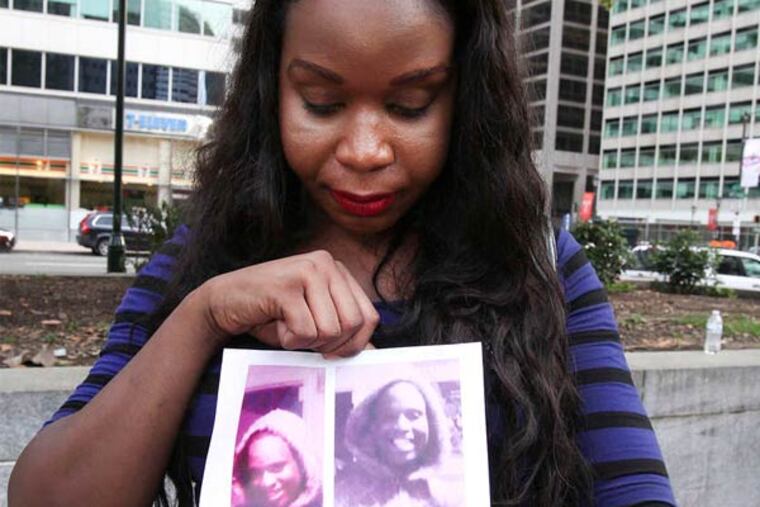Philly cops to have new policy for interactions with transgender community
The policy, which will soon be implemented, calls for officers to be more sensitive and courteous.

THE PHILADELPHIA Police Department will soon implement a new set of guidelines for how officers interact with transgender people.
Deputy Commissioner Kevin Bethel worked with members of the gay, lesbian, bisexual and transgender community to fine-tune the nine-page directive, police spokesman Lt. John Stanford said.
"The times have evolved, and not just within the Police Department," Stanford said yesterday. "You see it across the board in so many different areas. We have to learn to adapt to the times."
The policy, a copy of which was obtained by the Daily News, offers basic definitions of transgender men and women, and how best to sort out names and identities during interviews or arrests.
The directive also instructs cops to:
* Ask transgender individuals which pronouns - he/him, she/her - that they prefer the officers to use.
* Never use demeaning or derogatory language, or stop and question an individual just to call attention to the person's gender identity.
* Use a person's preferred gender identity - based on information the person or family provides, rather than what's listed on the individual's government-issued ID - when releasing information about a suspect, victim or witness to the media.
* Transport and house transgender suspects separately from other inmates when possible.
Stanford said the department's top brass are in the final stages of deciding when to roll out the new policy, and how best to bring cops up to speed.
"It's not something that will happen across the board overnight," he said.
"It's going to take time for folks to understand and learn all of the terminology," Stanford said. "We want to make sure that we're treating people fairly, and trying to build some better relationships."
Kathy Padilla, a longtime local LGBT advocate and founding board member of the National Transgender Advocacy Coalition, said certain portions of the policy have been around for a number of years.
"My impression is that a lot of this is updating an older policy, but the media section is new and it looks good," she said.
"Not using someone's status as a pretext for questioning them is a nice policy . . . and the guidelines about the pronouns and the preferred names are a good move forward for the Police Department."